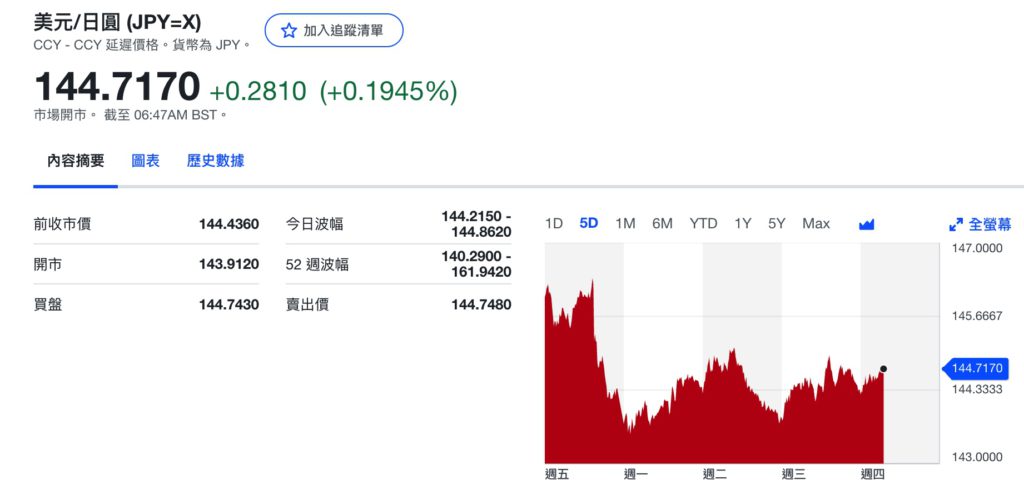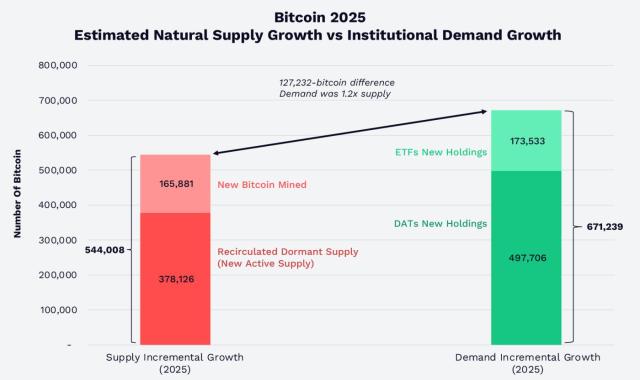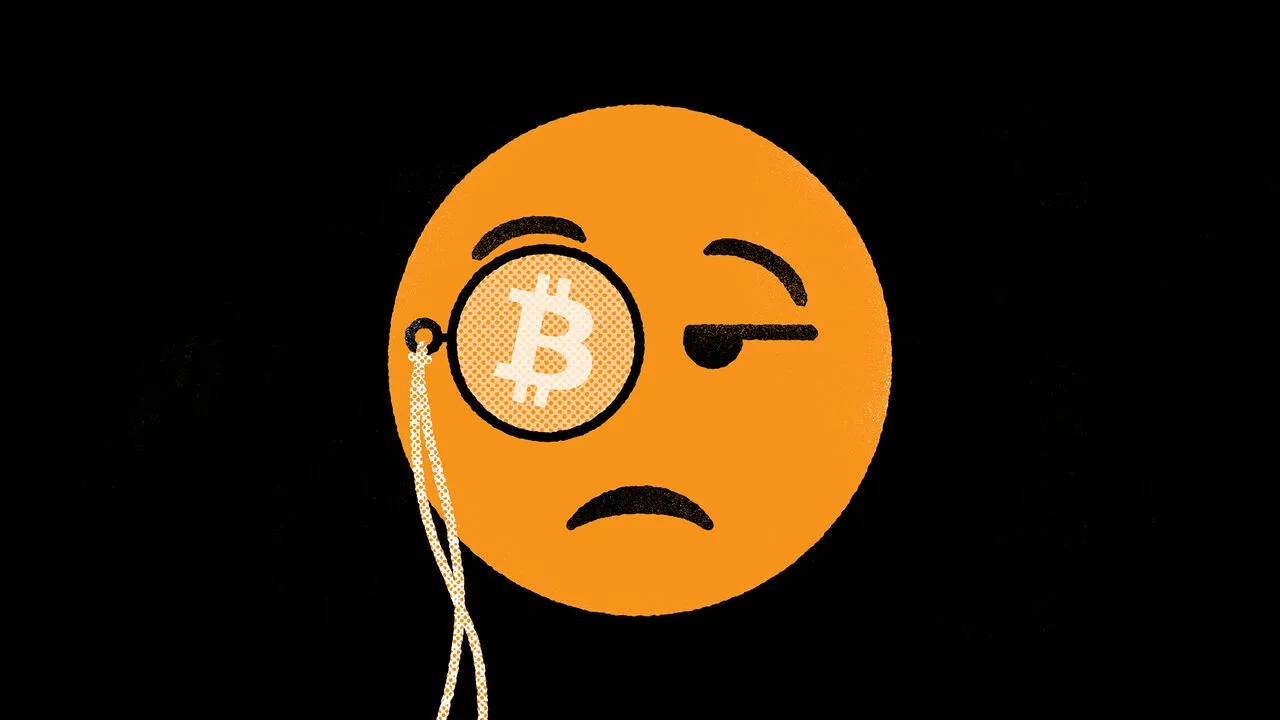The Bank of Japan unexpectedly raised interest rates in July to the highest level in 15 years and expressed its readiness to further raise interest rates as inflation is expected to continue to reach the 2% target. The central bank's hawkish stance caused the yen to rise sharply, relying on low interest rates for yen arbitrage transactions. Investors liquidated their positions one after another, and Japanese stocks suffered their largest single-day decline since 1987, but the market subsequently stabilized.
Faced with market doubts, Bank of Japan President Kazuo Ueda said last week that the current financial market is still unstable, so it will remain highly vigilant and carefully assess the impact of market fluctuations and the decision to raise interest rates in July on the economy and price prospects. However, he emphasized that if The Bank of Japan is convinced that the economic and price trends are in line with expectations, and its basic stance of adjusting the degree of monetary easing will not change.
The Bank of Japan expects to raise interest rates again and pays attention to changes in financial markets
The Vice President of the Bank of Japan, Himimo Ryozo, spoke on the 28th, echoing Kazuo Ueda's speech last week. He reiterated the position of the Bank of Japan, saying that if the economy and inflation develop as expected, the Bank of Japan will further raise interest rates, and at the same time, Financial market conditions will be closely monitored.
Himimo Yoshizo mentioned that the Bank of Japan will first need to monitor financial markets with the "highest vigilance" because the market remains unstable. The Bank of Japan will evaluate the impact of recent market fluctuations, July interest rate hikes and U.S. economic trends on the economy and prices. Outlook Impact:
Our stance has not changed and we will adjust monetary easing policy if economic activity and prices are likely to reach the forecast targets.
A Reuters poll showed that most economists expect the Bank of Japan to raise interest rates again this year, but more economists believe this may happen in December rather than October.
Himi Noryozo is full of confidence in the prospects of Japan’s economy. He said:
I believe the base case going forward is still that economic growth and inflation will be in line with the central bank's outlook.
Himimino Yoshizo pointed out that the recent appreciation of the yen may alleviate the pain of many small and medium-sized enterprises facing rising import costs and compressed profit margins. Although a stronger yen may put pressure on the profits of export-oriented companies, the current yen exchange rate is in line with these There is not much difference between the exchange rates assumed in the company's business plan.
Himino Ryozo added that stock price fluctuations "will not affect business sentiment too much" because Japanese companies have transformed and have a competitive advantage, and private consumption will be supported by wage growth and slowing inflation, although the central bank needs to pay attention to inflation. There is a risk that inflation may not ease and continue to depress real wages.
Yen rides a roller coaster
The Japanese yen exchange rate has been on a rollercoaster recently. Since June, the Japanese yen exchange rate first fell below the 160 level, and then rose to around 153 and 154. As soon as the Bank of Japan decided to raise interest rates, it not only directly exceeded the 150 level, but even rose to 141 yen. However, within half a month, the yen exchange rate fell back to 149 per US dollar in mid-August.

Latest Tokyo CPI data in focus
Analysts at Maybank said that although Himi Norazo's comments were generally considered to be hawkish, his comments appeared to be less hawkish, and the yen weakened against the U.S. dollar after his remarks, but remained at recent levels. Nearby, the yen is expected to trade sideways in the 144.00 to 150.00 range this week.
Analysts said that attention must be paid to the Tokyo Consumer Price Index (CPI) released on Friday, which may have an impact on the Bank of Japan's tightening path.







